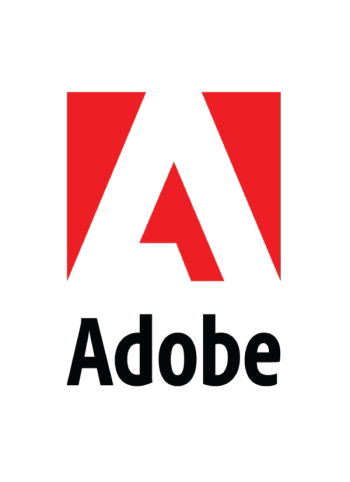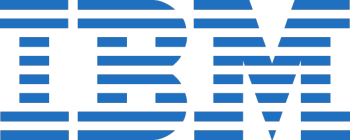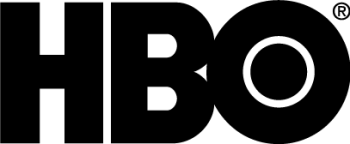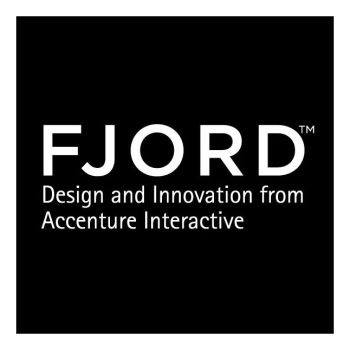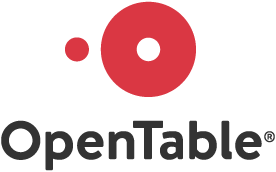Sure, UX is complex and we thrive on the challenge. But are we limited by the ways we define the design problem? In these two talks, Thomas Wendt and James Auger each offer an alternative perspective that might possibly tip some sacred cows.
Location
SVA Theatre – Beatrice Theatre
333 West 23rd Street New York, NY 10011
Moderator and host

Human-centricity is a fundamental assumption of contemporary commercial design. And for good reason: if one is expected to pay (monetarily or otherwise) for a product or service, it should meet a previously unmet or under-met need.
However, the ease with which we—as ego-centric, “rational” beings—conflate lasting human needs with shortsighted, market-driven human wants will only lead us deeper into unsustainable futures. My central thesis for this presentation is that human-centricity promotes an anthropocentric point of view that ultimately leads to a proliferation of status quo capitalist design, unsustainability, and a false sense of politically neutral design.
I argue that while human-centered design is generally a progressive step, it fails to account for (eco)systemic, ethical, moral, and sustainability issues that are integral to design but are often ignored in commercial settings. The very idea of “centricity” forecloses on issues outside that center.
Put simply, humans need, want, and desire terrible things—from war to cigarettes to factory farms, we can trace back every cultural atrocity to market-driven human wants. So instead of human-centricity, perhaps we should be questioning whether design needs a center at all. Could de-centering design result in more sustainable, system-level design decisions?
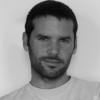
In his ‘device paradigm,' the philosopher Albert Borgmann makes a differentiation between things and devices. Things are inseparable from their context: we engage and interact with them in their worlds; means and ends exist in an unbroken continuum. Devices, on the other hand, conceal their contexts through the operation of background machinery. The more advanced the technology, the more invisible the machinery, the more dislocated the end becomes from the means.
The present tendency is for designers and consumers alike to focus on the end — the object of desire — while ignoring the means. Nothing illustrates this dislocation of means and ends better than ‘smart’ products such as the fridge or the driverless car. As objects, these devices still resemble their predecessors — but increasingly the ends are controlled by complex, invisible, multifarious systems and interests. This presentation will examine the role of the designer in this rapidly changing environment asking:
‘How can designers reclaim the means on behalf of their products and the people who use them?’ In other words, how can we see past the allure of the ‘device’ to re-engage with both the systems that bring it to fruition and the systems in which it operates?


